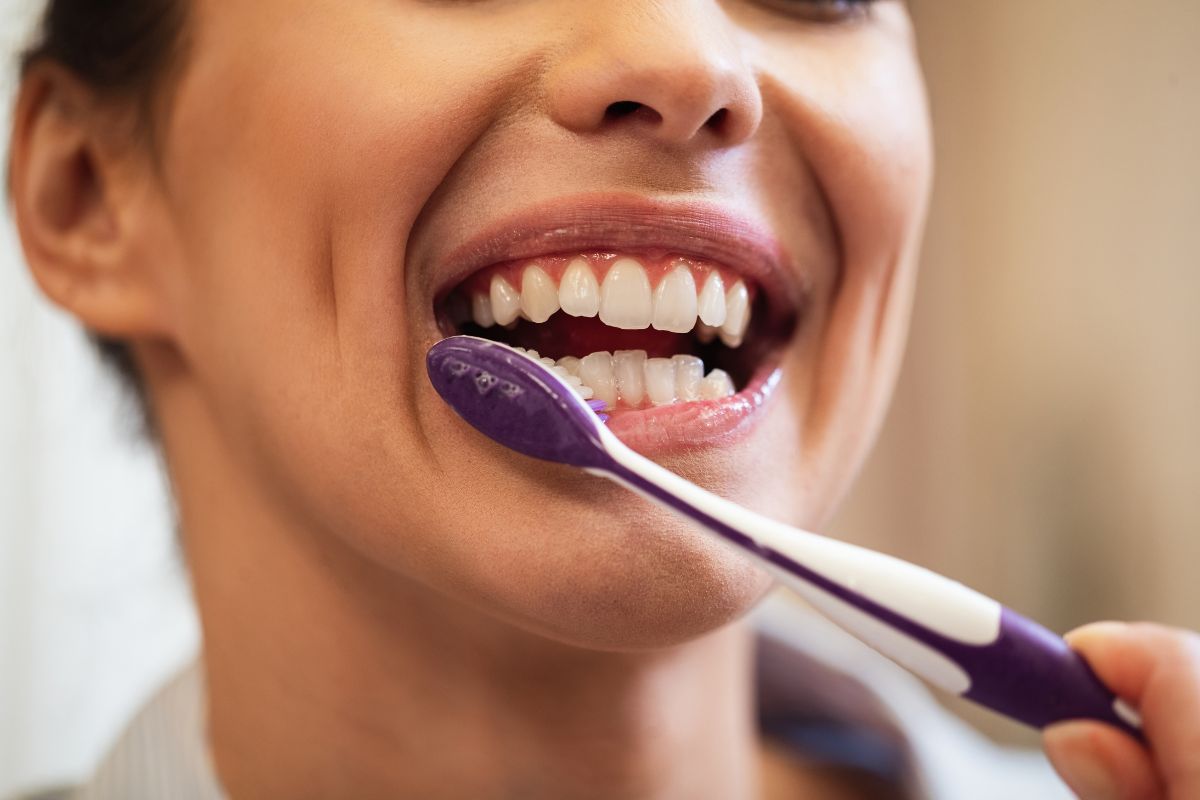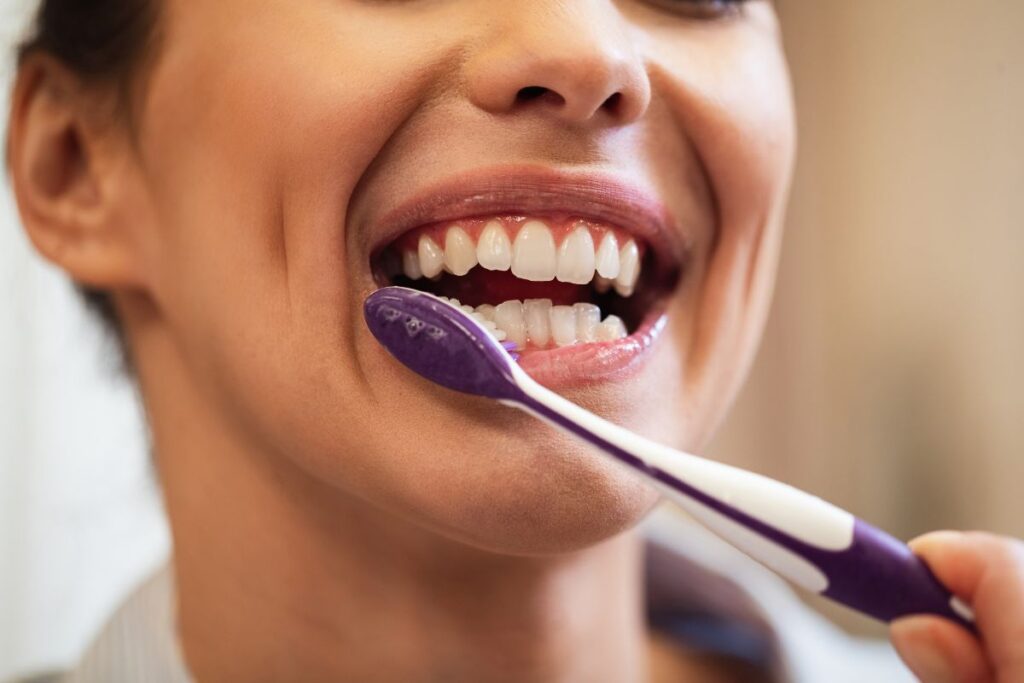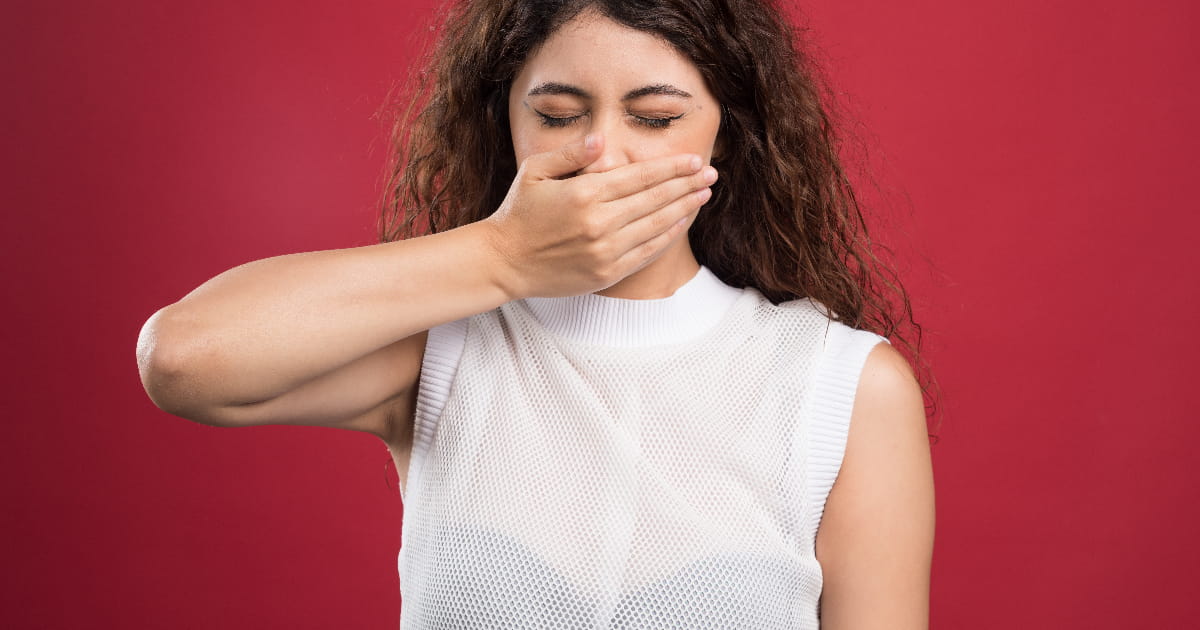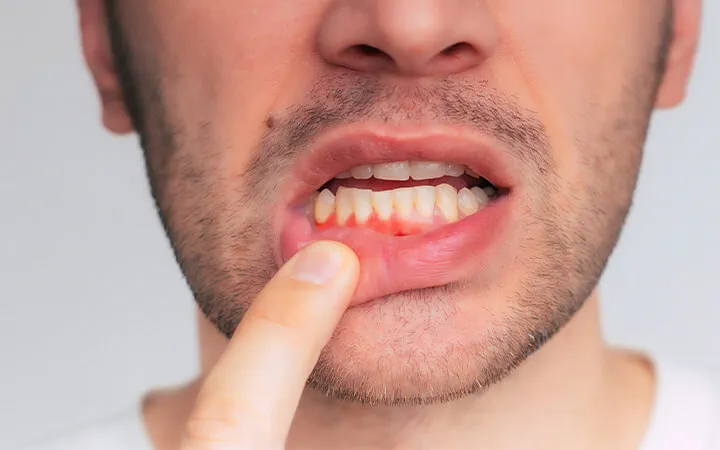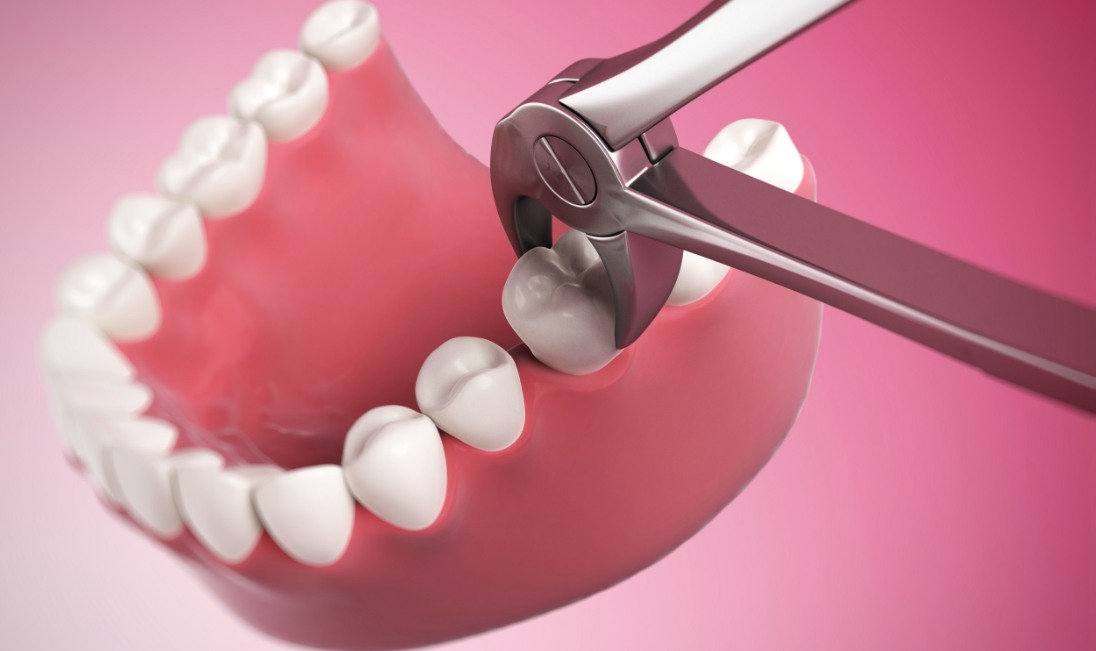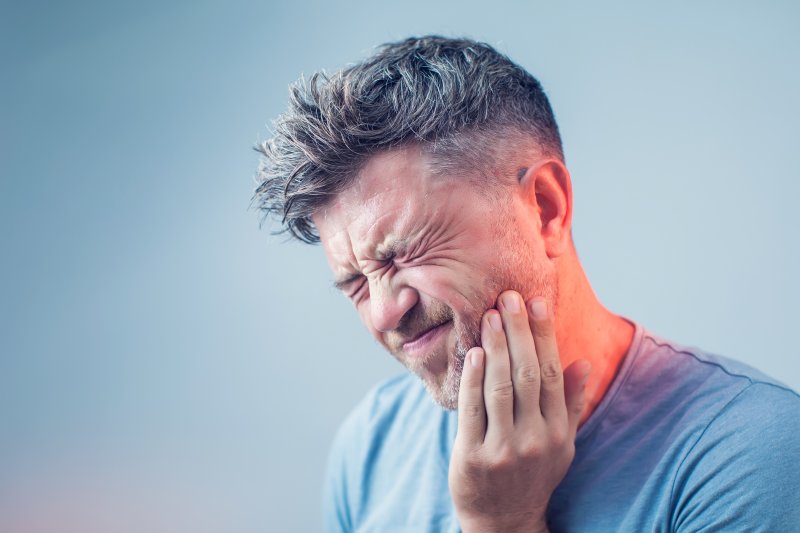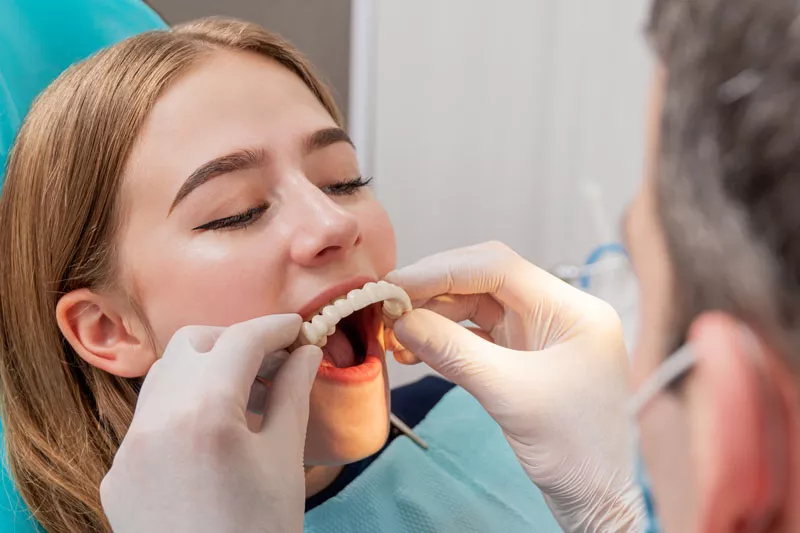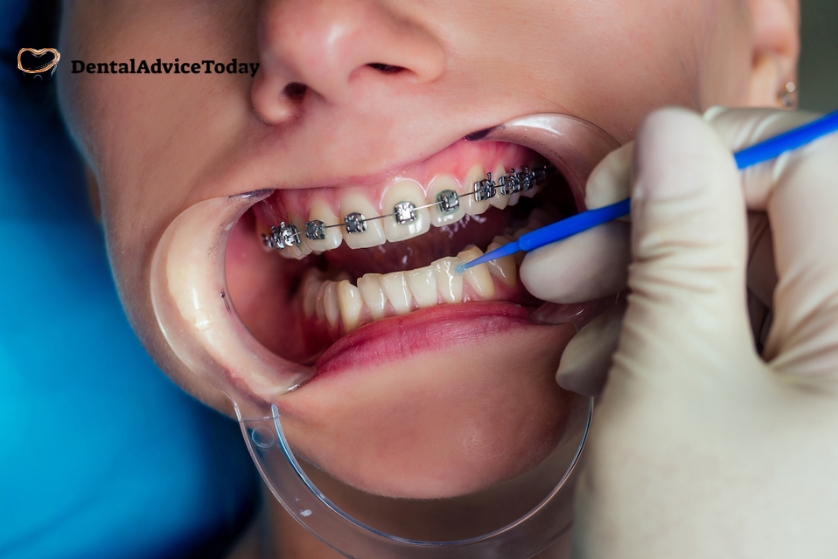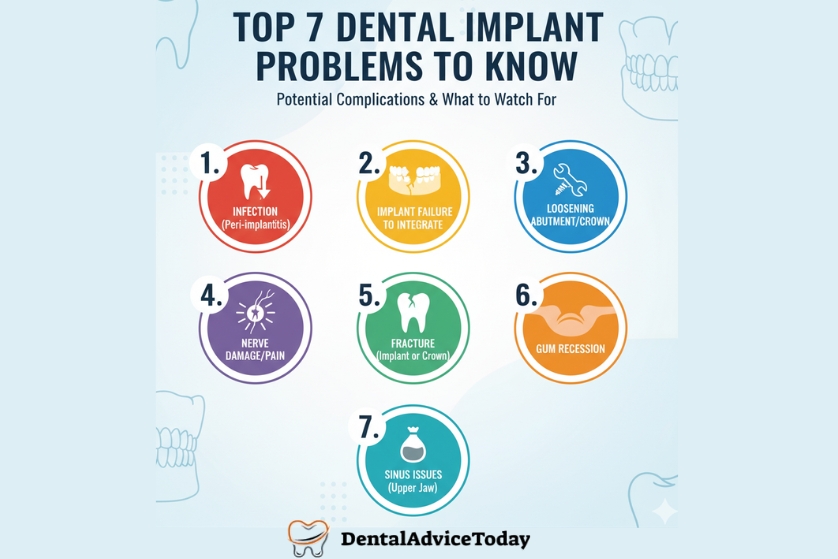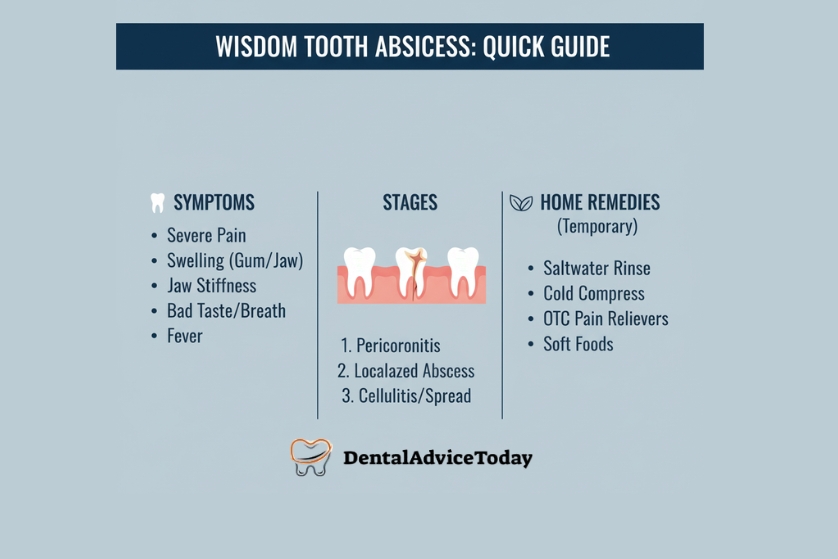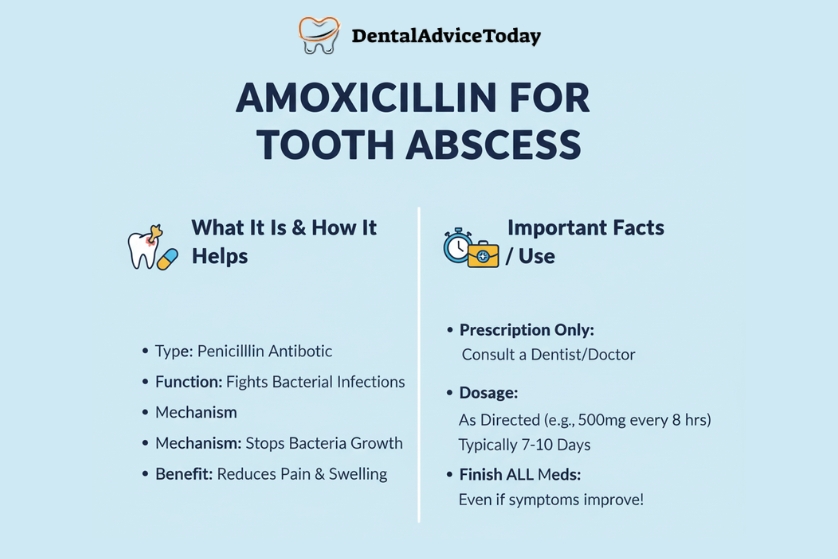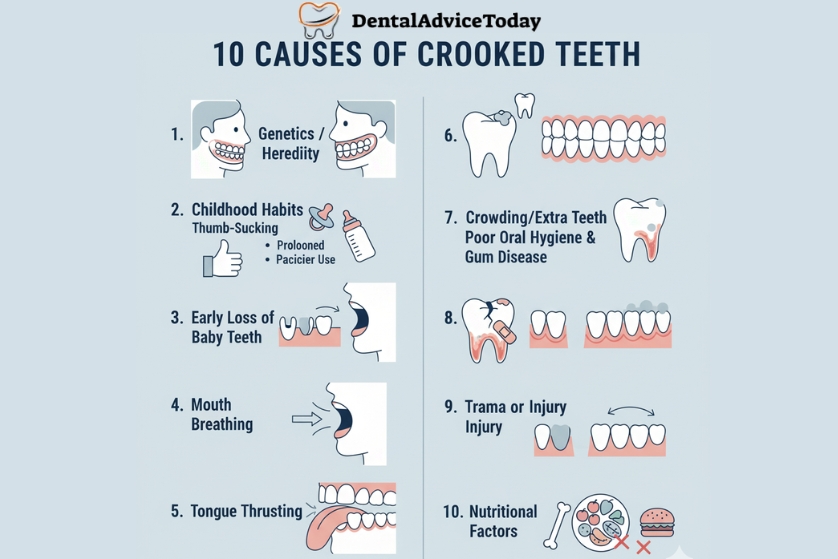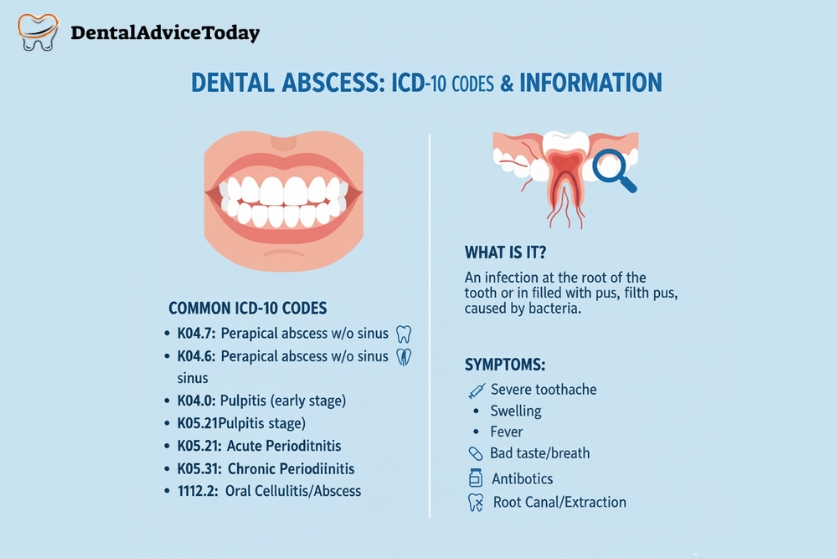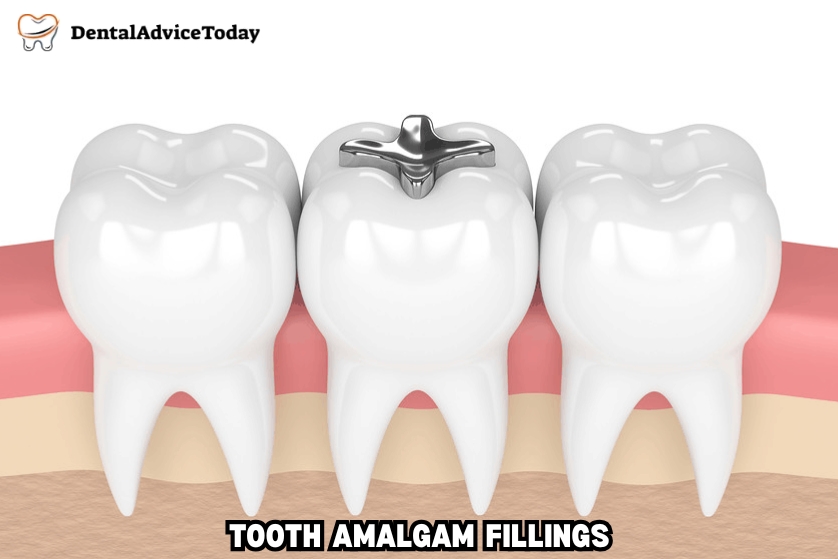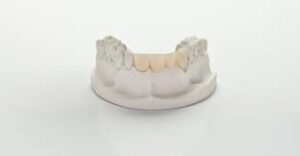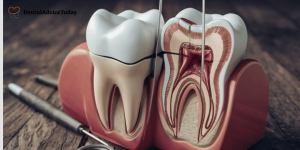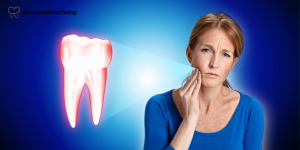You can feel clean and fresh by Brushing. It is not scary. But sometimes you see redness in the sink. Then you start to wonder. Why does my tooth bleed when I brush? You can learn about this in detail in this blog. Many people in the US see blood when brushing and ignore it. But bleeding is not normal. It means something is wrong with your gums. The good news is that you can often fix them at home. Let us have a look at the reasons and the solution.
Why does my tooth bleed when I brush?
When your teeth bleed, it usually means your gums are weak. It can happen from poor brushing or not cleaning well. It can also happen due to plaque on the teeth or gum disease. A hard toothbrush or brushing too hard can also make gums bleed. Swollen gums or infection can cause it too. Sometimes bleeding means there is a health problem in the body, not only in the mouth. You should not ignore blood in your mouth. If it keeps bleeding. Then you need to visit a dentist.
Causes of bleeding during brushing
Bleeding while brushing is associated with poor oral care. It is also related to gum infections. It can occur from brushing too hard. Each cause is part of oral health. The problem can be stopped by understanding the issue in detail.
Poor oral health
If you do not brush your teeth. A plaque builds up on teeth. Plaque is sticky germs. It makes gums wear out quickly. Bleeding while brushing is due to weak gums.
Gingivitis
It is the first step of gum disease. It makes the gums red. It makes the gums swollen. It makes gums tender. Soft gums tear when you brush. This causes bleeding each time.
Periodontitis
This is the result of untreated gingivitis. This is a bad gum infection. It hurts the gums and the bone around teeth. Bleeding is stronger and happens often in this stage.
Brushing too hard
Brushing hard does not clean teeth better. It hurts the enamel and gums. Brushing hard cuts the gums and causes bleeding.
Vitamin deficiency
It can result in gum weakness. Weak gums cannot heal properly. Even soft brushing makes gums bleed. A poor diet can cause this problem.
Other contributing factors to bleeding
Other things can also make gums bleed. Some are from lifestyle. Some are from medical problems.
Smoking
Smoking makes gums weak. It lowers blood flow. It makes the mouth easy to infect. Smokers bleed when brushing because their gums are not healthy.
Hormonal changes
When the hormones change during pregnancy, your gums are also affected by this. Hormone changes make gums soft. Even gentle brushing can cause bleeding at this time.
Medications
Some medicines change how blood clots. Blood thinners are one example. These make gums bleed more when brushing. This is not always from gum disease.
Stress
Stress makes the body weak. A weak body cannot fight germs well. Gums get swollen. They bleed more when brushing.
Medical conditions
Illnesses like diabetes and blood problems are the main causes. Liver disease can also cause bleeding gums. These problems make the body slow to heal. Brushing often makes bleeding happen in these cases.
When does bleeding teeth indicate a serious condition?
Bleeding while brushing is not something that can be ignored. It becomes worse if left untreated. Some warning signs include
- Bleeding that continues after brushing gently
- Swollen and puffy gums that look dark red
- Gums that pull away from your teeth
- Loose teeth and pain while chewing
- Bad breath that does not go away
- Bleeding in other parts of your body. It includes gum bleeding
How can bleeding while brushing be cured?
- Use a soft toothbrush for brushing your teeth daily
- Ensure that to brush is in little circles. Avoid moving in hard lines
- Floss once a day to clean between teeth
- Rinse your mouth every day with germ killing wash
- Eat food containing vitamins
- Drink enough water. Do not eat too much sugar
- Quit smoking and tobacco
- Visit your dentist for regular monitoring
When to visit a dentist
- If bleeding continues for a week
- If your gums become swollen and painful
- If you notice pus near your gums and teeth
- If you feel your teeth becoming loose
- If bleeding worsens with time
- If you have health conditions, like diabetes and frequent bleeding gums.
Conclusion
Bleeding when you brush your teeth is not good. It often happens because you do not clean your teeth well. It can also happen from plaque. It can also happen from brushing too hard. Sometimes it means gum disease or other health problems. You can stop it with gentle brushing. You can stop it with flossing. You can stop it with healthy food. Bleeding is not normal. You should consult a dentist if you fail to stop. Early check ups prevent gum to causing serious issues. Healthy gums give you a bright smile.
FAQs
How long does gum bleed after tooth extraction?
You may bleed for one day after tooth removal. A little bleeding is normal. If heavy bleeding goes on longer. Then visit your dentist for more details.
How long will it bleed after wisdom tooth extraction?
After wisdom tooth removal, bleeding may last a few hours. Light bleeding can last one day. If it does not stop. You must visit your dentist.
Is bleeding while brushing teeth normal?
Bleeding when brushing is not normal. It means your gums are not healthy. It can happen from plaque. It can happen from gum disease. It can happen from brushing too hard. Healthy gums do not bleed.
Why is my tooth bleeding but not causing pain?
Sometimes your gums bleed, but this can not cause pain. It is common in gingivitis. You can not ignore it even if you feel no pain during bleeding.
How long does a pulled tooth bleed?
The tooth starts to bleed when pulled. It bled for almost 1 hour. It stops bleeding after the formation of a clot. If you feel a more severe case, then visit your dentist.
